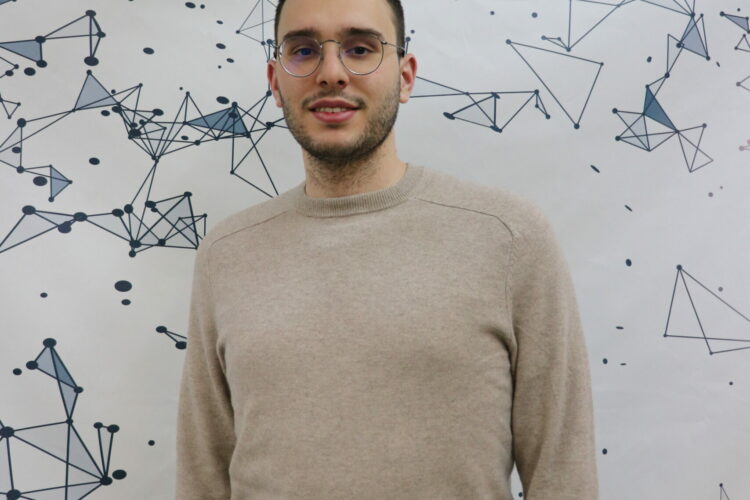IMDEA Networks

Unravelling the Probabilistic Forest: Arbitrage in Prediction Markets

Oriol Saguillo, Estudiante de doctorado en IMDEA Networks Institute, Madrid, España
In-house Presentation
Polymarket is a prediction market platform where users can speculate on future events by trading shares tied to specific outcomes, known as conditions. Each market on Polymarket is associated with a set of one or more such conditions. To ensure proper market resolution, the condition set must be exhaustive—collectively accounting for all possible outcomes—and mutually exclusive—only one condition may resolve as true. Thus, the collective prices (probabilities) of all related outcomes (whether in a condition or market) should be $1, representing a combined probability of 1 of any outcome. Despite this design, Polymarket exhibits cases where dependent assets are mispriced, allowing for purchasing (or selling) a certain outcome for less than (or more than) $1, guaranteeing profit. This phenomenon, known as arbitrage, could enable sophisticated participants to exploit such inconsistencies.
In this paper, we conduct an empirical arbitrage analysis on Polymarket data to answer three key questions: (Q1) What conditions give rise to arbitrage? (Q2) Does arbitrage actually occur on Polymarket?, and (Q3) Has anyone exploited these opportunities? A major challenge in analyzing arbitrage between related markets lies in the scalability of comparisons across a large number of markets and conditions, with a naive analysis requiring O(2n+m) comparisons. To overcome this, we employ a heuristic-driven reduction strategy based on timeliness, topical similarity, and combinatorial relationships, further validated by expert input. Our study reveals two distinct forms of arbitrage on Polymarket: Market Rebalancing Arbitrage, which occurs within a single market or condition (intra-market), and Combinatorial Arbitrage, which spans across multiple markets (inter-market). We use on-chain historical order book data to analyze when these types of arbitrage opportunities have existed, and when they have been executed by users. We find a realized estimate of 40 million USD of profit extracted across both types of arbitrage during our measurement period.
About Oriol Saguillo
Oriol Saguillo is currently a PhD student at IMDEA Networks, conducting research on protocols for decentralized finance under the supervision of Dr. Lucianna Kiffer. Prior to joining IMDEA Networks, he worked as a DeFi Researcher at Nethermind and completed an MSc in Applied Mathematics at UPC, including an exchange at EPFL.
Este evento se impartirá en inglés

